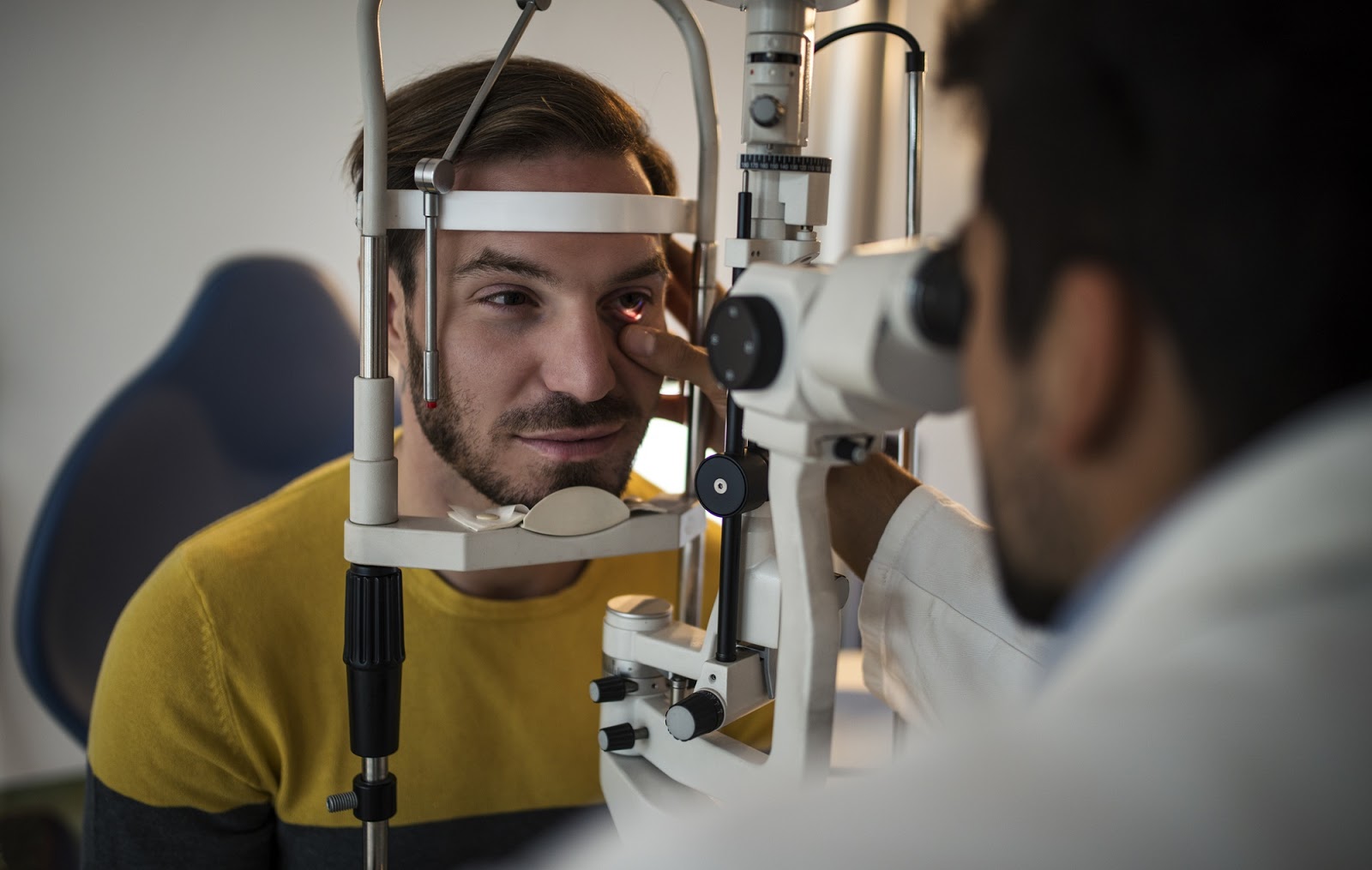
A serious eye condition, glaucoma occurs when the optic nerve connecting the eye to the brain is damaged. This damage can be caused by a higher-than-normal pressure inside the eye. However, in some cases, glaucoma can also occur in eyes where intraocular pressure is normal.
If left untreated, glaucoma can cause the loss of peripheral vision and eventually blindness, and can go undetected over vast periods of time.
Currently there are no ways of preventing glaucoma, but severe visual loss and blindness can be largely prevented by early detection and effective management of the condition. Treatments aim to slow down and if possible, halt the progression of glaucoma, to preserve functional vision in a patient’s lifetime. Thus, regular eye examinations are very important, especially for those people in the higher risk groups with additional risk factors.
Many eyecare professionals refer to glaucoma as being the ‘silent thief of sight’, meaning that it can have a serious impact on your vision without presenting clear and obvious symptoms. Unfortunately, this also means that early signs can be hard to identify, decreasing the likelihood of being able to manage the condition before it worsens. That said, understanding how the condition works and how it starts could help you to know when you need to see an optometrist.
The two main mechanisms traditionally thought to lead to glaucoma are:
High pressure inside the eye –
Resistance to the outflow of aqueous fluid inside the eye can lead to dangerously high levels of pressure in the eye. In cases of high pressure glaucoma, this cause directly damages the optic nerve.
Reduced blood flow to the optic nerve –
If there’s insufficient blood flow, the optic nerve can become damaged. It’s a common misconception to think that glaucoma can only be caused by high pressure in the eye, but with normal pressure glaucoma, the condition arises through a drop in blood flow to the required areas.
Both high pressure and normal pressure glaucoma are, in fact, equally as common, with normal pressure glaucoma accounting for between 40 per cent and 50 per cent of cases where the eye pressure of the affected person is at a level that would generally be considered as normal.
Specific groups of people could be more susceptible to normal pressure glaucoma based on previous medical history and general conditions they suffer from, especially if they’re closely related to blood flow. For example, Raynaud’s syndrome is a condition where reduced blood flow causes feelings of pain or numbness to fingers and toes, affecting the ears, lips or nose in more severe cases. As this is caused by blood flow, sufferers of the condition could be more likely to eventually suffer from normal pressure glaucoma. Additionally, you could also be more susceptible if you have a history of migraines or low blood pressure, or if you’ve ever experienced significant blood loss or gone through a blood transfusion.
Other risk factors in developing glaucoma:
As the cause of glaucoma is in no way related to any form of infection, it isn’t contagious, making it impossible to spread to other people. However, glaucoma is often hereditary, so it can affect several people in the same family.
By slowing the progression of glaucoma, you won’t be able to cure yourself of the condition, but you may be able to stabilise it and maintain good functional vision throughout your lifetime. When you’re dealing with a condition that could cause irreversible and permanent blindness, taking appropriate measures couldn’t be more crucial.
Steps for slowing glaucoma progression: